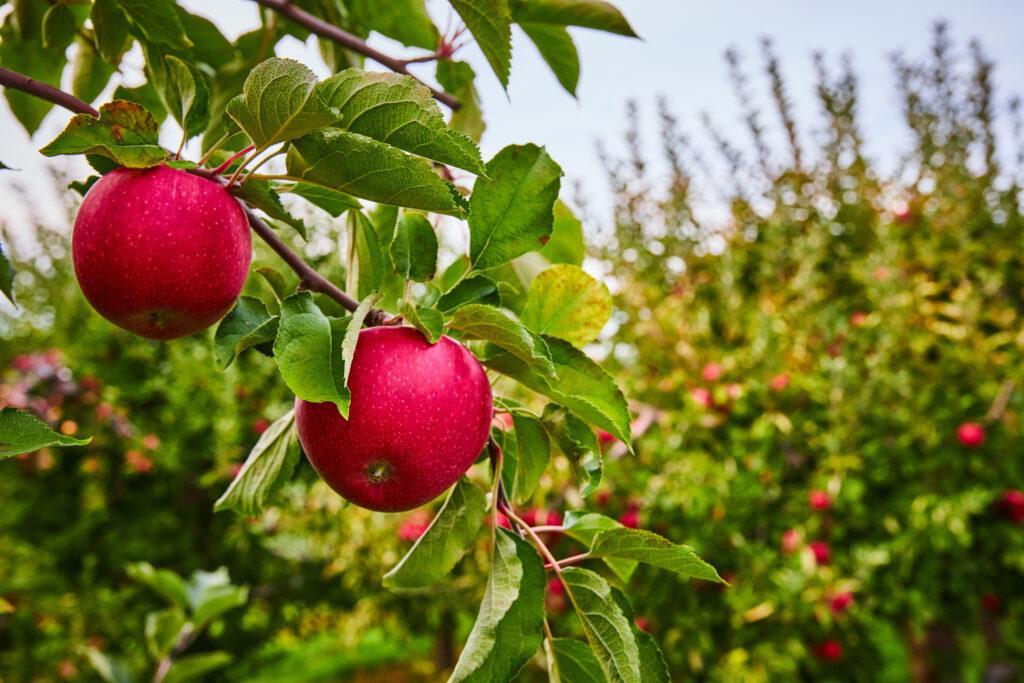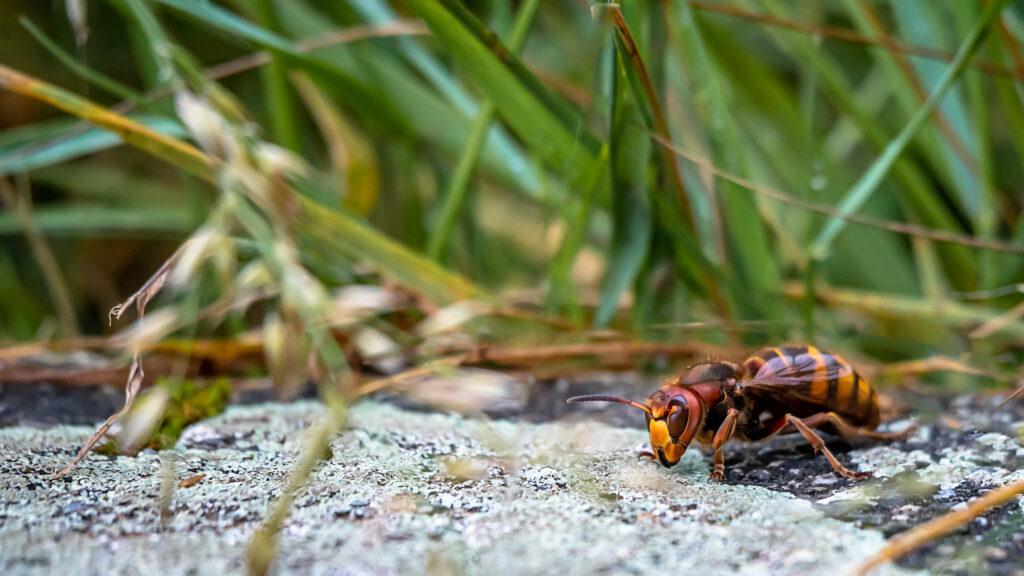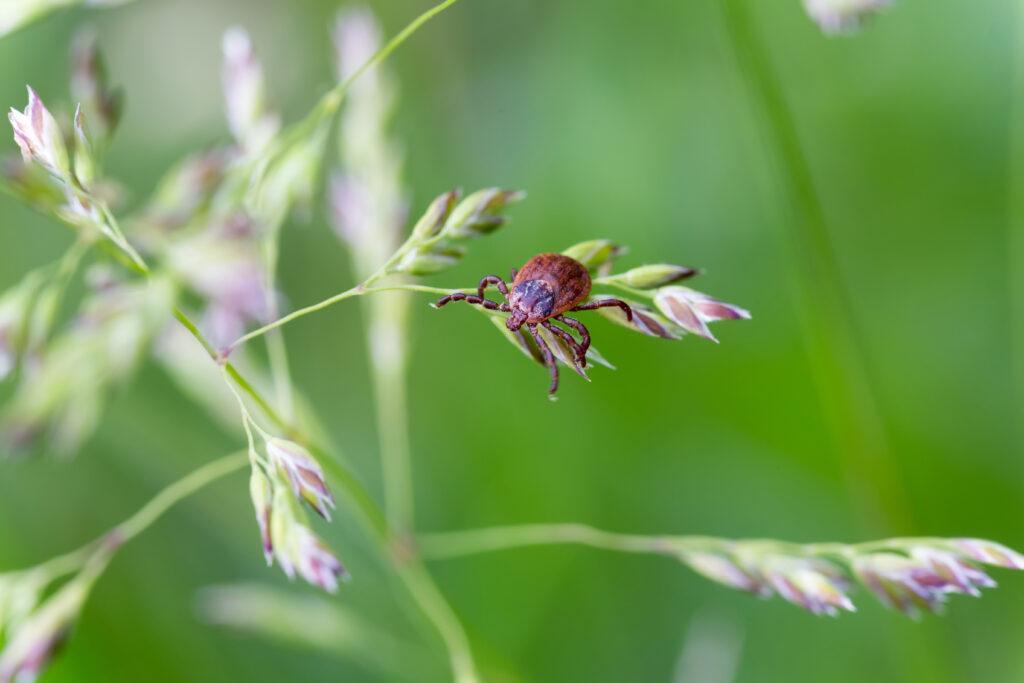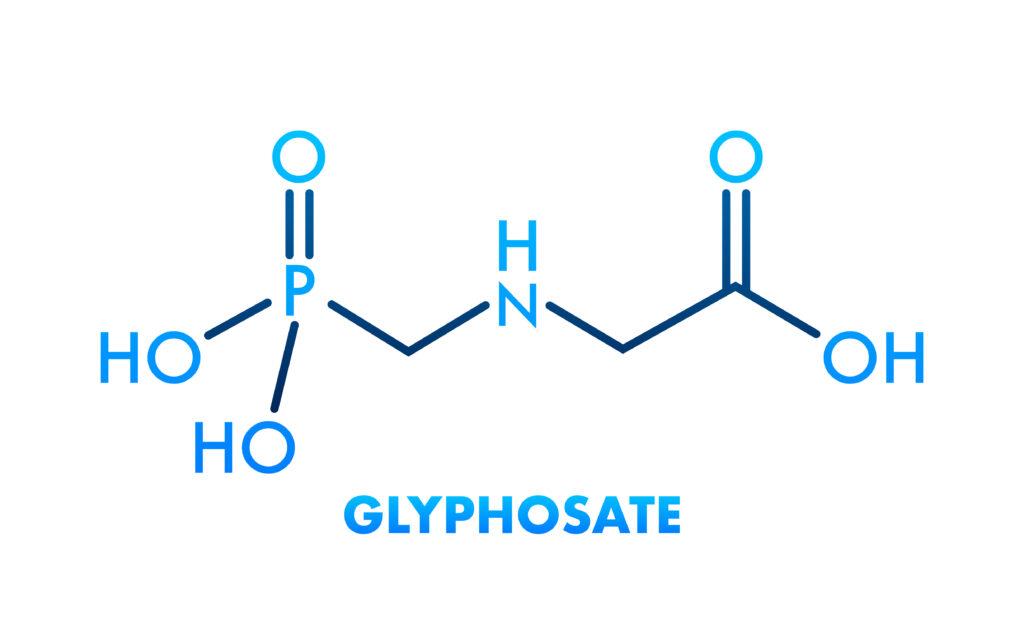Increased intake of added sugars increases the chance of developing kidney stones

A new study has found that consuming processed foods and drinks, such as biscuits, cakes and carbonated soft drinks, increases the risk of developing kidney stones.
Understanding antimicrobial resistance – new evidences
This post will only cover the latest scientific results, reports, and evidence regarding the AMR. It is just intended to be a short summary of recently published, sometimes quite surprising findings and scientific topics all connected to the antimicrobial resistance.
Harmful effects of pesticides used on potatoes, onions and apples

Research at Stockholm University has revealed that the manufacturers of pesticides used in apple orchards have concealed research showing that they can harm people's brains.
Nitrosamines in food raise a health concern

In March 2023, EFSA's new evaluation of the nitrosamine content of foods was published, according to which the dietary intake of these substances generated during the preparation and processing of foods raises health concerns for all age groups.
Epizootic haemorrhagic disease: an exotic virus in Europe

The UK has halted imports of live cattle, sheep, and goats from France due to an outbreak of a potentially fatal disease for ruminants known as Epizootic haemorrhagic disease (EHD) (also known as Ibaraki disease in cattle).
Moku virus and the Asian hornet recognised in Hungary

Several news portals have shared the news that the Asian hornet ((Vespa velutina) has also appeared in Hungary in 2023, as reported by the OMME (National Hungarian Beekeping Association).
Ticks infected with Jingmenvirus in Europe

A newly discovered group of Jingmenviruses have been shown to infect a wide range of hosts and are associated with febrile illness in humans.
Glyphosate risks and its reevaluation

Glyphosate has been the most widely used herbicide throughout history, both in America and the rest of the world. One of the most well-known products containing glyphosate is the Monsanto company Roundup, which has been used for more than 40 years. Below is a summary of the latest research results on the pesticide and news on its reevaluation.
Pesticides found on flowers, posing pollination threat

A recent study by Trinity College and DCU reveals that pesticides are present in flowers that were not treated with chemicals, posing a threat to pollinators. The research, which is the first multi-field survey of pollen and nectar from crops and wild plants in Ireland, evaluated the residues of fungicides and herbicides in nectar and pollen.
Some Italian regions ask to use Chlorpyrifos

Some wine-growing regions of northern Italy requested an exemption from the chlorpyrifos ban, as they claim that it is the only solution capable of fighting the leafhopper Scaphoideus titanus, which is the vector of the vine disease Flavescence dorée.
